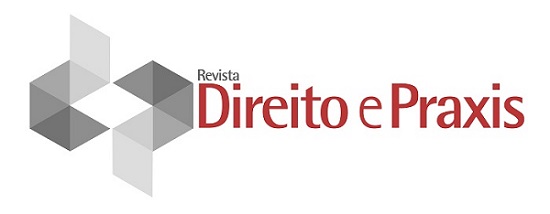Abstract
The aim of this article is to examine the decision-making behavior in Brazil’s Supreme Court (STF) judicial review cases, analyzing the dynamics of the collegial body in situations where "every vote counts", i.e., in cases that divided the court being decided by a margin of 1 or 2 votes. To do so, we conducted an exploratory study analyzing judicial review cases (ADIs) decided by the Supreme Court from 1988 to 2014, seeking to answer: i) how often and in which situations the court was divided in ADIs trials? ii) how compositions were formed, mapping the constitution and the fluidity of the minimum winning coalitions, and iii) how did its deliberative process flow? We answered to these descriptive questions, gathering empirical evidence to discuss the determinants of the minimum winning coalitions, to better understand the decision-making behavior of Supreme Court, dialoguing with arguments that understand the decision-making process of this court as personalistic, questioning its potential as a collegial body - which would pose concerns to democratic legitimacy of the institution. We conclude the Supreme Court was very consensual in the period analyzed, being divided into only 3% of all decisions. In terms of voting composition, we found much fluidity in coalitions, but even so we identified factors that make coalitions more predictable, like combination of the subject being questioned and the past career of Justices. We found strong evidence that Justices with career in the judiciary are more likely to vote together than to divide their votes. We also observed that the deliberative process in the court occurred with intense exchange of arguments, changes in vote direction and debates. The main contribution of this article is therefore the relativization of the personalism in decisions, presenting evidence of the centrality of the collegial game in the deliberative process and in the construction of decisions of the Brazil’s Supreme Court.
Keywords:
Supreme Court; Decision-making process; Minimum winning coalition

 Thumbnail
Thumbnail
 Thumbnail
Thumbnail
 Thumbnail
Thumbnail
 Base: Tight division: 36 ADIs; Total majority: 403 ADIs; Total: 2,712 ADIs
Base: Tight division: 36 ADIs; Total majority: 403 ADIs; Total: 2,712 ADIs
 Base: Tight division: 36 ADIs; Total majority: 403 ADIs; Total: 2,712 ADIs
Base: Tight division: 36 ADIs; Total majority: 403 ADIs; Total: 2,712 ADIs
 Base: 62 ADIs decided from October 1988 to July 2014 in which the rapporteur was won
Base: 62 ADIs decided from October 1988 to July 2014 in which the rapporteur was won